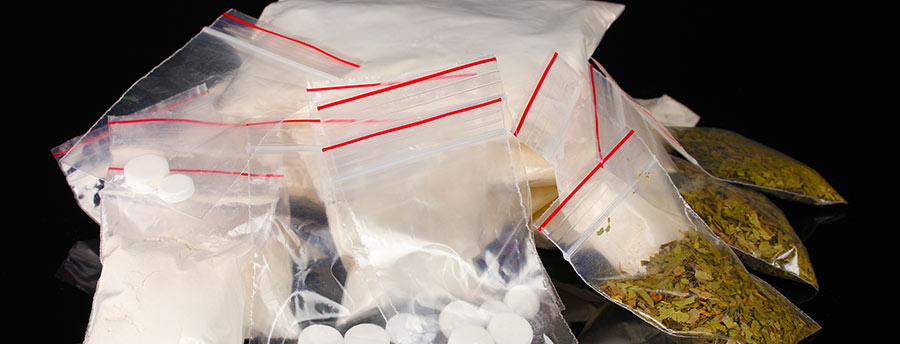Good Samaritan Laws
The government cannot prosecute someone for drug possession if they request emergency assistance for a drug overdose or medical emergency.

Drug Crimes Defense Attorneys and Good Samaritan Laws
Drugs, particularly opioids, are an ever-growing scourge on the people of Michigan. As families, law enforcement, and the courts grapple with this epidemic, the state legislature has created new legislation to protect against future overdoses. The state instituted Good Samaritan laws, which provide immunity to individuals seeking to prevent the death of themselves or others. This change is an expansion of a 2015 law that extended similar protections to people under 21.
Who do Good Samaritan laws protect?
With Public Acts 307 and 308, the Good Samaritan Law, Michigan changed its statutes that criminalize the use and possession of controlled substances. The state cannot bring certain criminal charges if a person requests emergency medical assistance for a possible overdose. The new laws do not protect everyone in every situation. The language is specific about who gets immunity. The following conditions apply:
- The amount of drugs can only be “for personal use.”
- The person granted immunity must be seeking medical attention, presenting someone for medical attention, or accompanying someone who requires medical attention.
The law only prevents the use of evidence collected as a result of the emergency call in any prosecution against the individual(s) for possession or use of controlled substances. The government can still charge someone with other crimes.
Potential Issues
While the legislative intent is admirable, one should consult an attorney for several reasons. The police and prosecution may be unaware of the change to the law, and there is plenty of room for interpretation. For example, the person seeking immunity may need to demonstrate the reasonableness of the emergency call.
MCL 333.7403 (possession) and MCL 333.7404 (use) define “drug overdose” as “a condition including, but not limited to, extreme physical illness, decreased level of consciousness, respiratory depression, coma, mania, or death, that is the result of consumption or use of a controlled substance or a controlled substance analog or a substance with which the controlled substance or controlled substance analog was combined, or that a layperson would reasonably believe to be a drug overdose that requires medical assistance (emphasis added).”
There may be a “question of fact” related to whether the person seeking medical attention reasonably believed there was a drug overdose that required medical attention. If the situation is ambiguous, the prosecution could bring charges. Additionally, the “personal use” amount requirement for immunity could produce a similar problem if there are questions about the quantity of drugs discovered, where, and when. A seasoned attorney knows how to anticipate these problems, address them at the earliest possible stages, and use the Good Samaritan law to seek dismissal of all charges.

Talk with a Professional
If you have had police contact due to an overdose, you should speak to an attorney immediately about any potential criminal liability and if Michigan’s Good Samaritan Law can help you. The criminal defense attorneys at LEWIS & DICKSTEIN, P.L.L.C. have decades of experience handling drug charges in Oakland County, Wayne County, Macomb County, and throughout Michigan. They will discuss your potential options, like the Good Samaritan laws or 7411, and the plethora of potential pitfalls.
Call us today at (248) 263-6800 for a free consultation or complete an online Request for Assistance Form. We will contact you promptly and find a way to help you.













